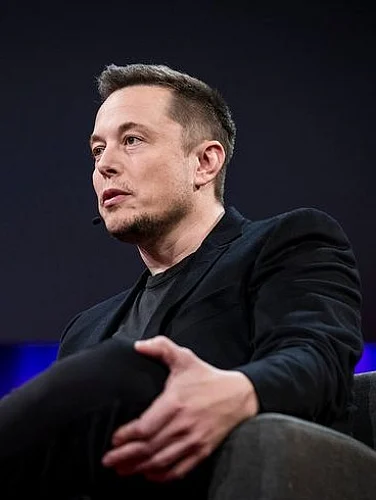Despite market volatility, monetary tightening, and higher inflation, Sensex is expected to reach 1,25,000 points at a compound annual growth rate (CAGR) of 20 per cent in the next four years, YES Securities, a financial services company and a wholly owned subsidiary of Yes Bank, said in a report on Tuesday.
"[Yes securities'] believes that the probability of a recession is almost negligible for the Indian economy. Instead, India will emerge as an attractive opportunity among its emerging market peers and many global market players," the report said.
India is witnessing a unique convergence of forces with a potential to change the economy over the next decade, it noted—a primary reason behind its optimism.
The forces, it said, have the potential to improve people's lives and change Asia's power dynamics.
The research shows that despite skyrocketing inflation, fuelled by Covid-19 and the Russia-Ukraine war, there are tell-tale signs of consumption revival on both endpoints of the spectrum—a higher agricultural output to deal with food inflation and an increase in average monthly expenditure per credit card in India.
It said that India's total credit card spending reached an all-time high of Rs 1.14 trillion in May, an 8 per cent jump from April, with a credit card base of 76.9 million cards.
Growth Sectors
Infrastructure (building materials and roads) and renewable energy, such as the EV space, which offers opportunities through OEMs and auto ancillaries, defence, telecommunications, and speciality chemicals, are among the growth areas.
"A couple of sectors will drive India's growth; one is, of course, the infrastructure and housing sector. They have a huge ripple-down effect. Whether it is towards banking, they will pay credit, they contribute through the building material, infrastructure, and housing ancillaries," said Nitasha Shankar, head of PRS Equity at Yes Securities.
Export Growth
Digitization, a focus on clean energy, incentivizing India's manufacturing sector, the 'Make in India' schemes, and a higher contribution of Indian goods and services in global trade are factors that could contribute to multiyear growth.
"The contribution of IT and pharma will remain restricted at least over the next 3 to 6 months, post this period, they would come back; today, services are a huge part of it [economy], 300 billion dollar services export that we [India] are doing and another 400 billion dollars that we are doing on goods, I do think that is something sustainable, and you could see it is doubling, probably not in a year, but, over the next three to four years," Shankar added.
ESG Investments
Companies are investing in environmental, social, and corporate governance (ESG) to meet their social obligations, such as building a green infrastructure or driving a social goal that will benefit society.
Asked if ESG can generate high returns in the future, Shankar said, "ESG is a great novel concept a lot of people are talking about it, but very few people can come up with sustainable investment idea; now, till such time those models get built and people start talking about it more seriously, that is the actual investor talk and not just a concept talk, once that starts happening, serious money can be made from it, We are working towards it, I do think ESG will be a very important concept."
How Is India Placed To Fend Off A Recession?
"What can hamper this growth? If our GDP growth went against us for some reason, if there was a sharp decline, I don't see that (is) happening at all. So, companies which are domestic focus, sectors which are domestic focus, (and) as long as the domestic focus continues and those sectors continue to benefit from it, I think India's growth will be better than the rest of the markets, emerging economies, and most of the developed economies," she added.






























